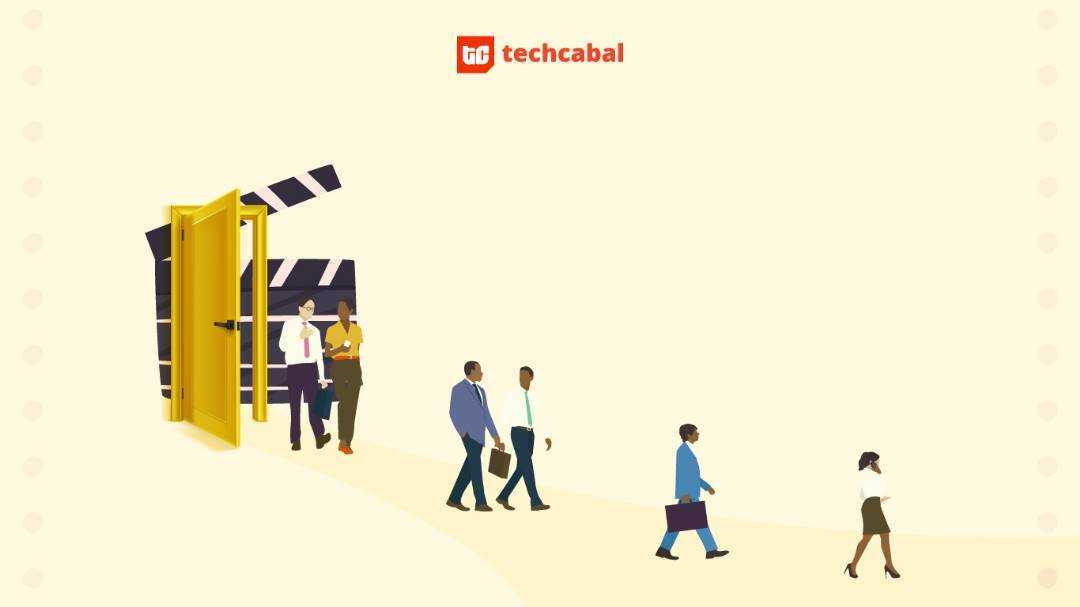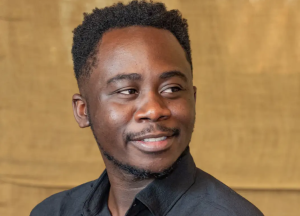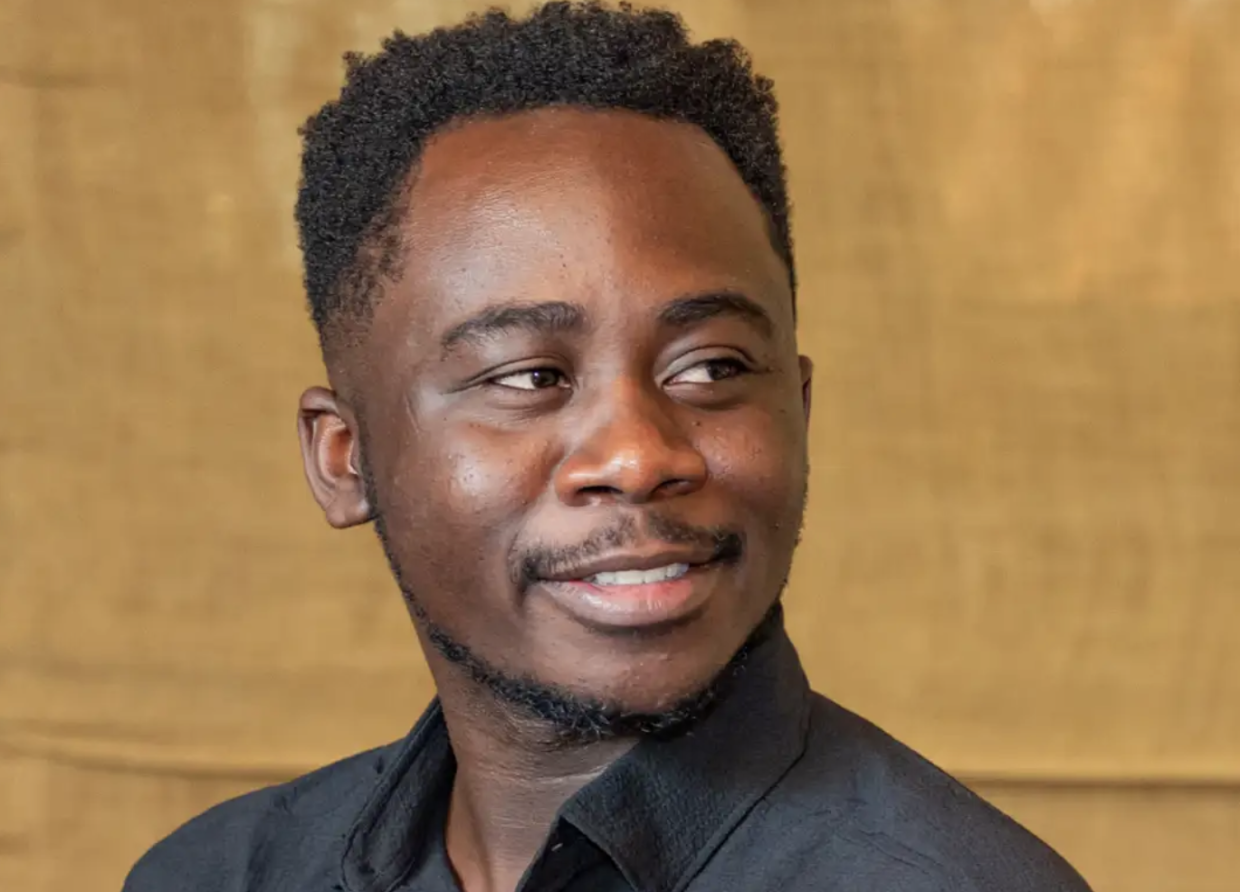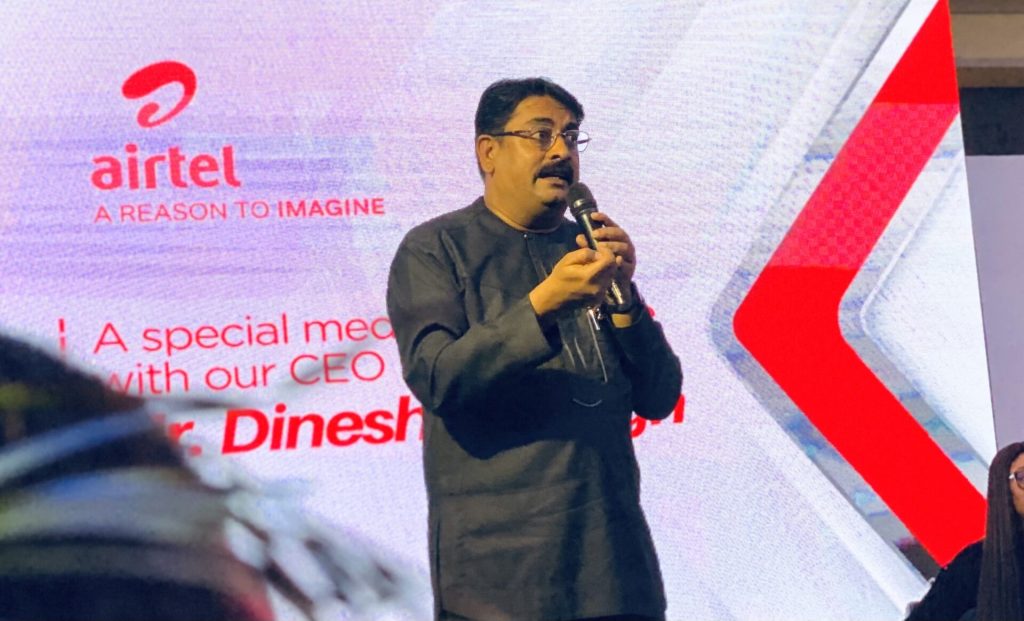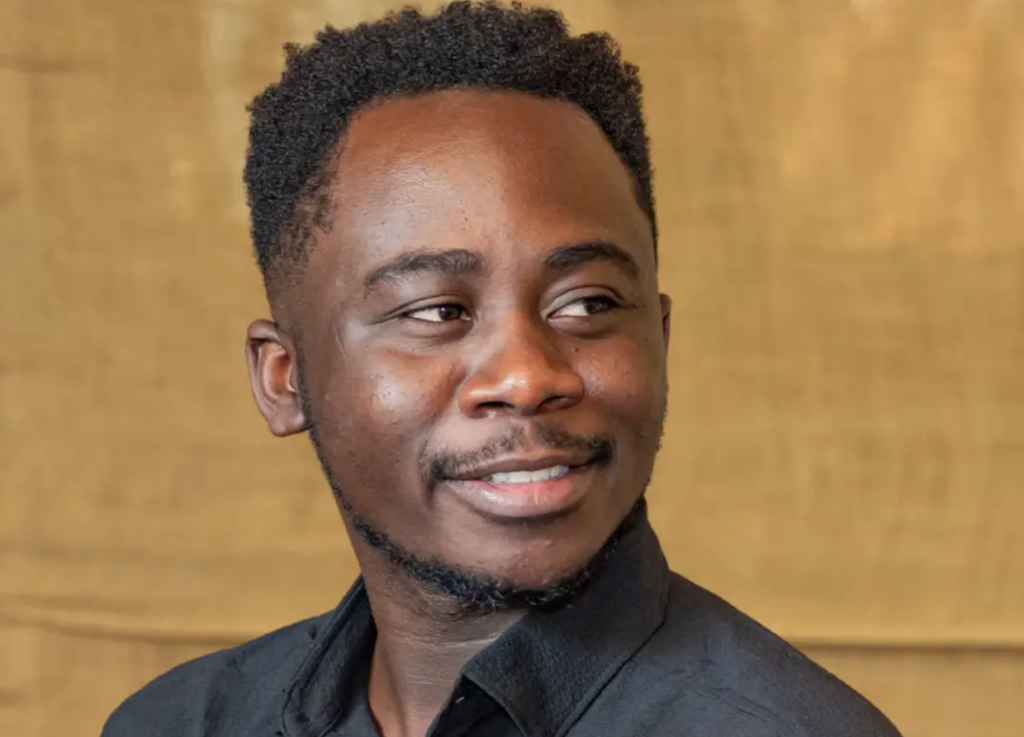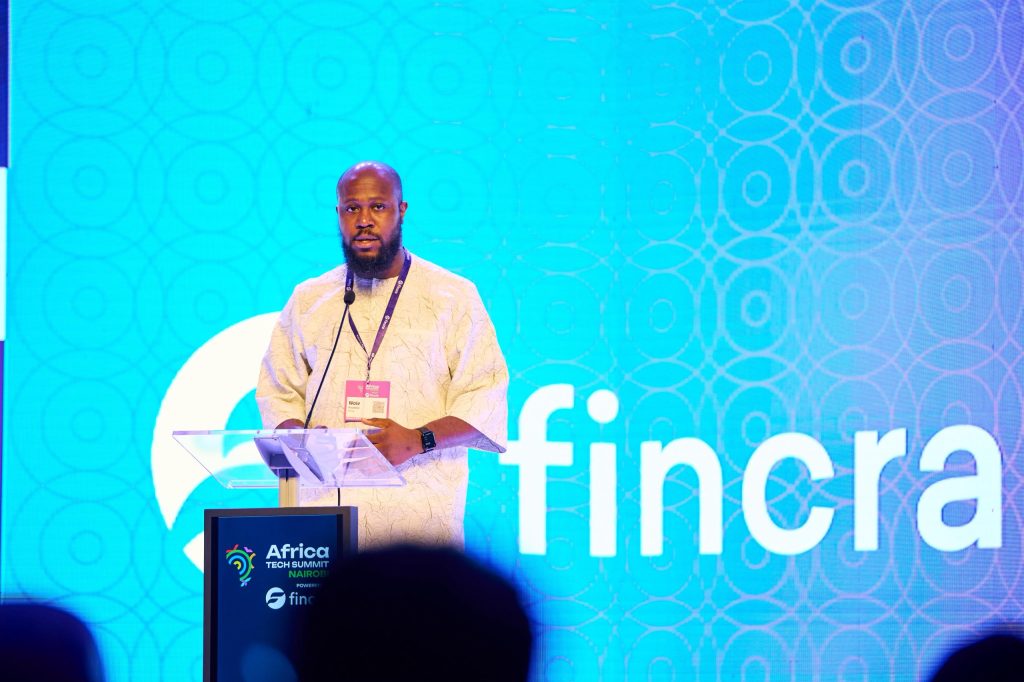“If I gave you ₦40 million right now, can you turn this into a ₦2 billion company within the next three years? I don’t think you can and I won’t be investing.” That’s Paul Onwuanibe—one of the investors, also called Lions on the reality TV show, Lions’ Den—declining an opportunity to invest after an entrepreneur’s 3-minute pitch to a panel of four Lions.
The premise of the Lions’ Den is funding entrepreneurs with bold ideas, and it is an especially appealing promise in Nigeria, where access to capital is challenging. Nevertheless, every entrepreneur who has seen clips of the show knows it’s not a walk in the park. After Paul Onwuanibe sits out on the investment opportunity, two other Lions follow suit. It all plays out in 14 minutes.
But it’s not all rejections. Other entrepreneurs often get investment offers from one or more of the Lions. Ugochukwu, the founder of an edtech startup, 9JaCodeKids, got a $325,000 investment offer from one of the investors, Mr. Bolaji Balogun, a popular finance veteran and the CEO of Chapel Hill Denham. The Lions are reputable business people, whose success and reputation bolster the show’s credibility and signal to entrepreneurs that, if their pitches are successful, they could one day be investors themselves.
While The Lions’ Den delivers the highs of reality television, millions of viewers are unaware of the boring and longwinded investing decisions that go on when the camera stops rolling. But the entrepreneurs later learn by experience that receiving funding after a promise is no cakewalk.
When Ugochukwu left Ultima Studios with Mr. Balogun’s promise of $350,000 in capital for his five year-old startup, 9jaCodeKids, he saw nothing standing between him and his dreams of penetrating the African edtech market. Mr. Balogun had expressed interest and hope for 9jaCodeKids, offering to take about 50% equity in exchange for the investment. He also promised to sell back nearly half of the shares once the business took off and secured additional funding.
But eight months later, Ugochukwu pulled out of the deal, citing a lengthy due diligence process. “I couldn’t take it anymore,” Ugochukwu told TechCabal over a call. “Mr. Bolaji had said we would complete the deal in three weeks. His team even completed due diligence and gave me a term sheet to sign. But nothing eventually came out of that, just silence and frustration.” Part of the email he sent to Balogun’s team read: “We, the founders, will discontinue the investment discussions with Mr. Bolaji Balogun and 8 Broad Street Ventures. This is due to our dissatisfaction with the pace of negotiations over the past 6 months and because the investment terms are no longer satisfactory.” Ugochukwu’s unreplied email was his last interaction with Mr. Bolaji and his team.
Behind the scenes of a winning pitch
The FAQ portion of Lions’ Den website lists four requirements for entrepreneurs looking to appear on the show. Two of those requirements are that the businesses should meet a need and have an operational base in Nigeria. The simple process means that thousands of hopeful entrepreneurs apply, uploading their elevator pitch videos while hoping to get picked. Ultima Studios has the sole discretion to pick the final candidates.
One entrepreneur picked by Ultima Studios was Haji Susan, the founder of a payment app called 247Cash. Susan rehearsed her pitch with the production team, like every other participant did, before presenting it to the Lions. After her 2-minute pitch, Mr Balogun offered a ₦60 million ($130,000) investment in exchange for 40% equity. He also promised to give up 25% of his shares after the app gained 200,000 active users. But on March 16, 2023, nearly a year after the show, Mr. Balogun rescinded his investment offer to Susan over the phone.
“His reason was that I haven’t achieved significant traction in the past year, but it made no sense because he knew we had zero users when he made the offer months ago. He didn’t invest money or any other resources, while the general public was made to believe otherwise,” Susan said in an email to TechCabal. She insists that her life and business incurred great loss due to Mr. Balogun’s investment offer. Friends, family, workers, and business relations stopped or slowed down on offering free or heavily discounted services to her bootstrapped startup because they thought she had injected millions of naira into her business. “They could not imagine such an influential man going back on a commitment he made on live TV,” she added.
Susan claims that her interactions with Mr Balogun had been punctuated with back-and-forths, changes to the deal, and changes to budgets. “I continued initiating communication to break the silence; updating them on milestones such as getting a bank API, the increasing transaction volume on the app, but it seemed like the company had no interest in investing in my startup,” she told TechCabal in an interview. She then reached out to past participants from the show who confirmed to her that they didn’t receive any funding after a lengthy due diligence process.
The fine print
According to Mr Balogun, the Lion who rescinded his investment offer to Susan, most of the issues the entrepreneurs complained about are part of the standard processes in investing. He told TechCabal, “The pitches at Lion’s Den only run for a few minutes. That on its own is insufficient time to make a conclusive investment decision.“ He reiterated that the offers made to entrepreneurs on the show are subject to due diligence processes.
Because of how short the pitches on the show are, Balogun invites the participants to his office in Lagos, to pitch again to him and the other lions. It is after this presentation that investors begin the due diligence. He maintained that the due diligence process could take as long as was necessary, and that the investor could decide against investing. But it’s not all rejections; Mr Balogun said: “I had eleven offers from season 2 of the show, with six already invested in, while still doing further reviews and diligence on a couple more. We have determined I will not be investing in a couple, including one where the entrepreneur had emigrated and the rest of his senior team—COO and CTO— do not understand the business; and so what would one be investing in?”
Balogun’s viewpoint highlights a perception problem that entrepreneurs entering the show have. According to Balogun, “Ultima Productions, who are Nigeria license holders for the programme from Sony (Dragon’s Den in other markets) have done extremely well and maintained a high standard and detailed process which requires contestants among other things to sign a couple of agreements before coming on to the show. These include confirming that they are able to enter into a deal and that they understand that every offer made on the show is subject to due diligence and further review by the Lion (investor). A due diligence process may reveal that a startups or founders are not suited for being invested in.”
A copy of a Lions’ Den release form signed by the show’s participants and seen by TechCabal reads in part: “I will enter into a direct contract between myself and the Lion(s) detailing the investment secured on the Programme and negotiated terms with the Lion(s). In the event that I fail to reach an agreement on terms for the investment offer I secured on the Programme, I shall have no claim whatsoever.” An ex-employee of Ultima Studio who worked as a producer on the show told TechCabal, “To be honest, the entrepreneurs who come to the show do not know how these things work. I am even sure most of them did not read the contract, but it clearly states that they may not receive the investment even if they accept an offer for any of the Lions.”
However, on calls with TechCabal, several participants noted that they were aware that the offers were not set in stone and that the investors could change their minds.
How long should due diligence last?
For Mr. Balogun, taking his time with due diligence is necessary. But for first-time entrepreneurs, it feels like an unwillingness to invest in their startups. The participants say that they felt led on by the investors, especially with poor communication. “They didn’t respond to emails on time, and months later, when they did, they would ask for documents or certain information with a tight deadline,” Susan said.
But Balogun tells a different story while confirming that he rescinded his investment offer to Susan. “Having undertaken due diligence and a lengthy review of Susan’s business, I was unable to reconcile the opportunity pitched on the show with the reality of her traction. The business case did not stack up, and Susan had no demonstrable evidence of sufficient progress over time. She had apparently ‘built an app’ which she could not demo when we ran an in-person deal day, as part of the due diligence. She was asked to provide an app link, which one had not been able to access to test and try the app. Her use of proceeds was not likely to deliver sustainable scale.”
Arguing his assertions, Susan stated that she had been instructed to reduce her budget twice, resulting in the elimination of several items. These items included a vehicle that she was for her marketing team to move around as well as three years’ worth of salary.
On the flip side, Balogun’s team remain upbeat about Ugochukwu’s 9jaCodeKids and say that the deal could have worked if Ugochukwu had sorted out some core things relating to the business, especially his plans to expand to Lagos.
In the end, Ultima’s Lions’ Den shows viewers in riveting 14-minute bursts that fundraising will put even the most confident founders through the wringer. But the speed of decision-making is for the benefit of the TV audience alone, who remain blissfully unaware that securing funding will still need entrepreneurs to roll up their sleeves and show more promise than 2-minute pitches. The Lions’ Den viewers have no real lessons to draw from this, it’s difficult to see how anyone would watch a show where the nuts and bolts of startup investing are what is on offer.
Instead, it’s the show’s participants who seem to need the biggest lessons. And that lesson is that the fine print matters. When you sign a contract that makes it clear that there’s still a lot of work to be done when the camera stops rolling, you better believe it. Ultima Studios did not provide comments for this story.









